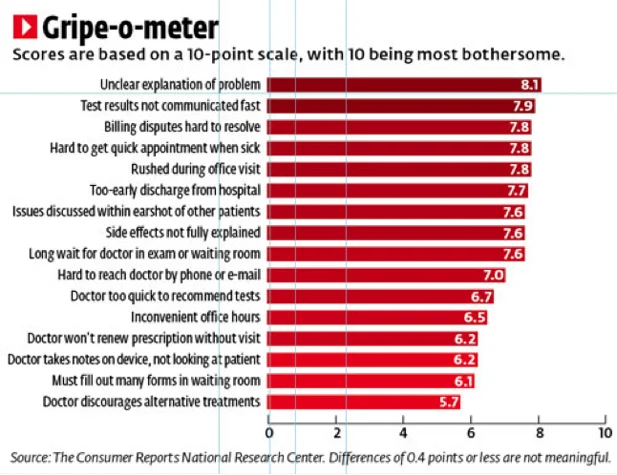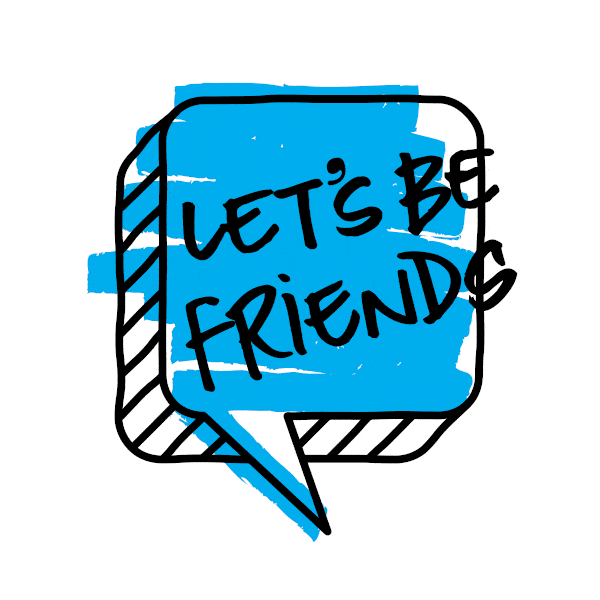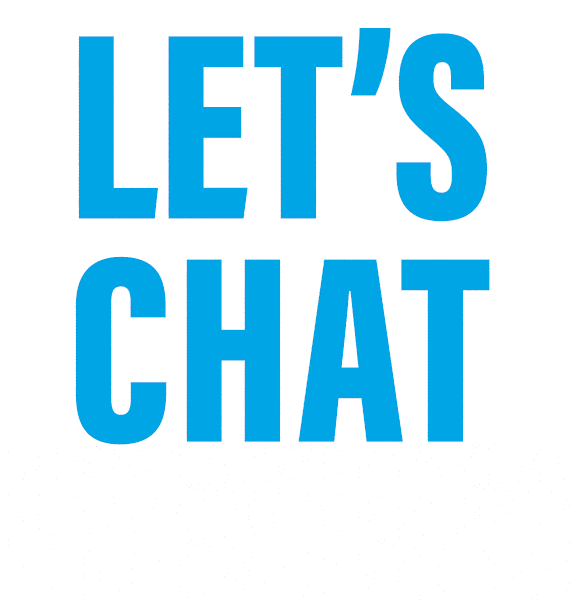Simply put, sympathy is feeling compassion, sorry or pity for the hardships that another person encounters. Empathy, on the other hand, is putting yourself in the shoes of another.
Sympathy comes naturally. When we see other people in pain it is only natural to feel their heartfelt situation and look for the silver lining. Empathy requires an investment on our part. We have to be willing to sit still, listen and then dig deep into our own personal experiences to find something that will help us connect with another person’s issue. Metabolically speaking, empathy takes effort. And that’s not always easy. For many of us, minimizing metabolic energy output is important. Empathy, requires more thought and effort.
Sympathy is lip service. It may be well-intentioned and even heartfelt, but it’s lip service nonetheless. We all know when we’re being fed a line, offered a meaningless platitude. So sympathy can actually disconnect us from others. There are many times sympathy can be construed as pity. No one likes to be pitied. Empathy, on the other hand, is offering something real and tangible in an effort to improve a relationship and build rapport.
Sympathy says: I’m sorry for your loss.
Empathy says: I feel your grief.
Sympathy says: Let me do that for you.
Empathy says: Can I help you with that?
Sympathy says: I feel so sad for you.
Empathy says: I feel your pain.
Let’s say you’re a Marketing Manager at a local hospital and you’ve been given key research (below) to answer the concerns of your potential customers. How do you make sure you’re speaking the right language so you can properly meet customer expectations? Good question, right?
Here are the top gripes that are plaguing the hospital:

So how would empathy change the way you answer a few of the customer questions on this list?
How about guaranteeing test results within 12 hours of each customer visit? And to expedite inevitable questions concerning a customer’s test results, offer a direct line to call that will always be answered by a person who can address any concerns.
Empathy comes when we actually listen to our customers, when we hear their need and respond in a personal manner. Turn the tables and think about how it makes you feel to be heard and appreciated. When we experience empathy, we are much more willing to engage.
Via Brene Brown, Top 5 TedX Speaker and Best Selling Author:
"Empathy drives connection. Rarely, if ever, does an empathetic response begin with 'at least…'
"Empathy drives connection. Rarely, if ever, does an empathetic response begin with 'at least…'
- 'My wife had a miscarriage"' - 'At least you know you can get pregnant'
- 'My marriage is falling apart.' 'At least you have a marriage'
- 'My son is failing out of school' 'At least your daughter is getting A’s'
We’d rather hear 'I don’t know what to say right now but I’m sure glad you told me' because the truth is, a response to our situation almost never makes us feel better, what makes us feel better is a connection."
Dr. Paul J Zak has conducted multiple studies that focus on empathy and how this behavior affects the human brain. What he’s discovered is that our brain actually responds chemically to empathy. When someone displays an act of kindness or trust worthiness towards us, our brains release a neurochemical, Oxytocin, which causes us to be more willing to engage or help others.
Empathy isn’t a natural behavior for everyone on every team. The good news is that it can be learned, fostered and honed like any other characteristic. Defining what and how your team can respond empathetically is critical to your organization both internally. Team building exercises, role playing and a discussion concerning frequently occurring issues will help your team fashion great tools to build rapport with customers. It all begins with listening.
So what’s it going to be, sympathy or empathy? One is easy, but will ultimately send the wrong message. One is harder, but will build long-term relationships and an army of brand ambassadors.









